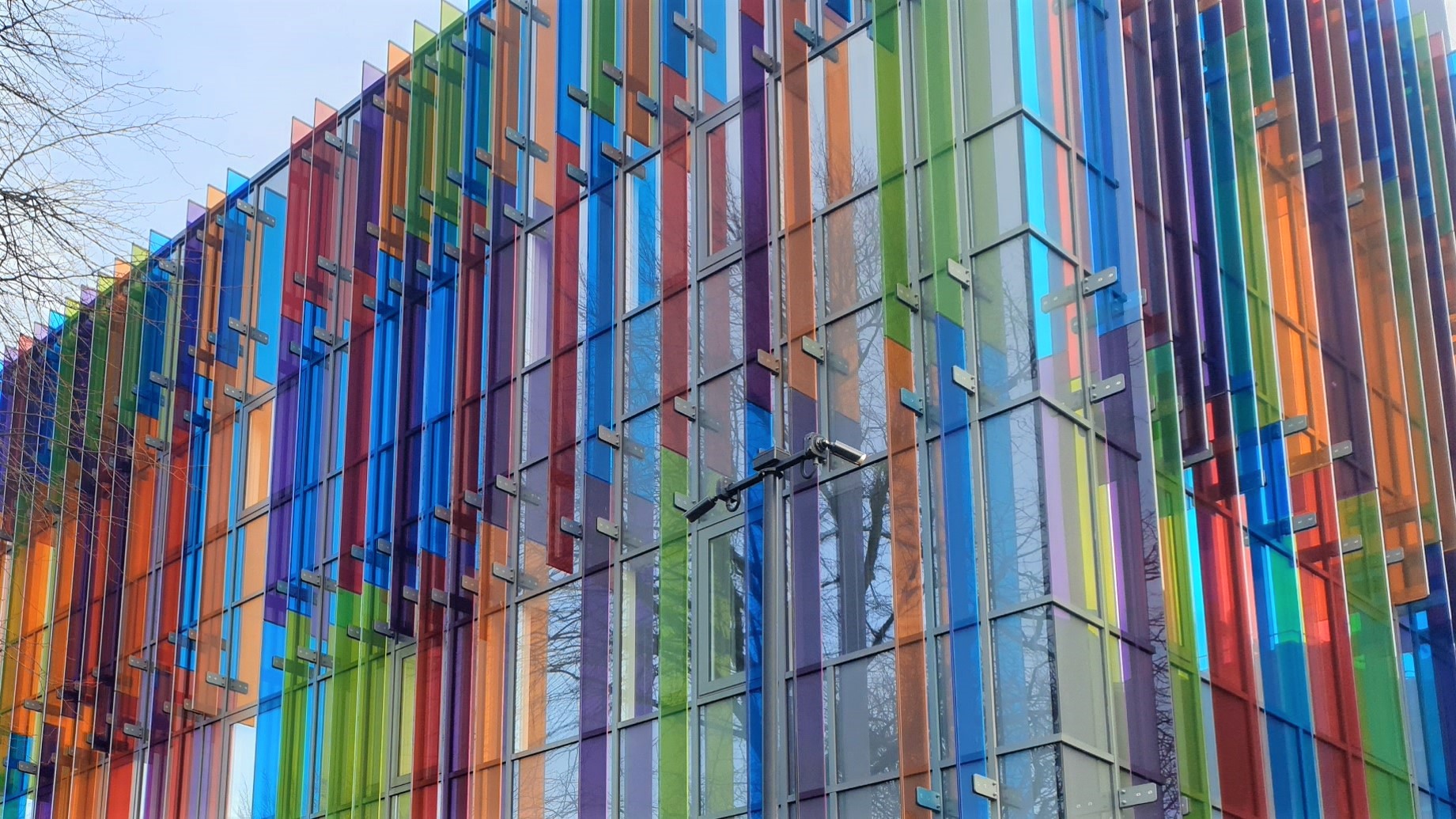
Call for Champion Organisations
The call for EoIs is now closed.
The SEFYP team invites non-academic organisations from all sectors (private, public, and the third sector) and academics across disciplines to challenge our Software Engineering students with authentic problems that can be addressed through the design and development of a new software system or the contribution to an existing codebase. The aim is to provide the students with realistic challenges (economic, social, technical, environmental) and create opportunities for meaningful collaborations with the School the EEECS, the wider University, and non-academic partners.
Organisations and projects committed to responsible and sustainable technology development are strongly encouraged. This is in line with QUB Strategy 2030, which identifies driving social change, transition to a net-zero society, and embracing the UN Sustainable Development Goals as its priority goals. Examples include exploring how to tackle addictive tech, and developing technology for environmental and social governance.
Download the pdf version of the EoI
About the SEFYP
This is a course taken by all students from the BEng in Software Engineering in their final year. The course focuses on a team-based project; teams are made up of 4-5 students; most students spend a year in industry before taking their final year. The projects require either the design and development of a new software system or the contribution to an existing codebase; each team member is responsible for a key component of the system (e.g., a functionality, an API). The module covers two semesters: SEM1 (18 Sept – 15 Dec 2023) and SEM2 (08 Jan – 08 Apr 2024).
What you can expect from us:
- 1000+ hours of research and development potential – if a team selects your project, there will be 4-5 students working an average of 10hrs per week over 25 weeks (5 ½ months) on it.
- A proof of concept – given the level of allocated resources, there is scope for the development of a working prototype (e.g., proof of concept) of your system complete with technical documentation and promotional material (e.g., a video or a blog).
- A supportive environment – This course is specifically designed for students to work professionally and sensitively with external stakeholders. The students receive weekly support and training from the teaching team.
What we are looking for:
Real-world challenges and/or exciting new software products ideas that are complex enough for a team of 4 students; and that can be feasibly completed over the course of the two semesters.
Organisations that:
- understand that the final year project is a critical part of our students learning; learning outcomes include technical, professional, social, and personal skills. Setbacks will happen and are part of the learning process. The software prototype is just one of the outcomes.
- are willing for the resulting codebase to be examined by the tutors, and for the associated design and technology choices to be described in detail and used for assessment.
- are willing to sign the Memorandum of Understanding (MoU); this builds on the concept of shared IP and consider licensing the codebase under permissive license (e.g., MIT) or copyleft license (e.g., GNU)
Project Champions’:
the organisation must provide a ‘champion’ for every team working on their challenges / projects. The overall role of the project champions is to mentor and support their teams.
Project champions’ specific responsibilities are:
Essential:
- organize a kick-off meeting with the team explaining the project and answering students’ questions (first week of October).
- be a point of contact for the students if follow-on clarifications / information is required.
- allocate at least one hour every month check-ins with their teams (they can be virtual)
- facilitate access to the resources necessary for the successful completion of the project (e.g., personnel, specialist software, documentation) and not available via the University.
- provide a summary written feedback (~150 words) on final project outcomes.
Optional
- be available for regular weekly check-ins with students.
- deliver a ‘masterclass’ in a topic of their specialism (please contact the tutors to discuss on topic and format) – please contact the module convener if interested.
- Attend ad-hoc in person-events (e.g., a show & tell, a final year showcase)
Project champions should not:
- Write elements of the dissertation.
- Revise and correct the dissertation.
- Solve team issues (students are asked to report issues to the teaching team).
- Debug students’ code.
- Contribute to the code base (if they do, it should be reported as third-party code and justified by the students).
Answering the Call
Please submit your ~250-word summary proposal and contact details using the Expression of Interest (EoI) form .
EoI are accepted on a rolling basis, with 30th June as the first cut off point. You will be contacted by the teaching team by the start of September to confirm (or otherwise) the inclusion of your EoI in the project list for our students.
Contacts
Need more information? Please contact Maria Angela Ferrario or Moira Watson.
Download the pdf version of the EoI

